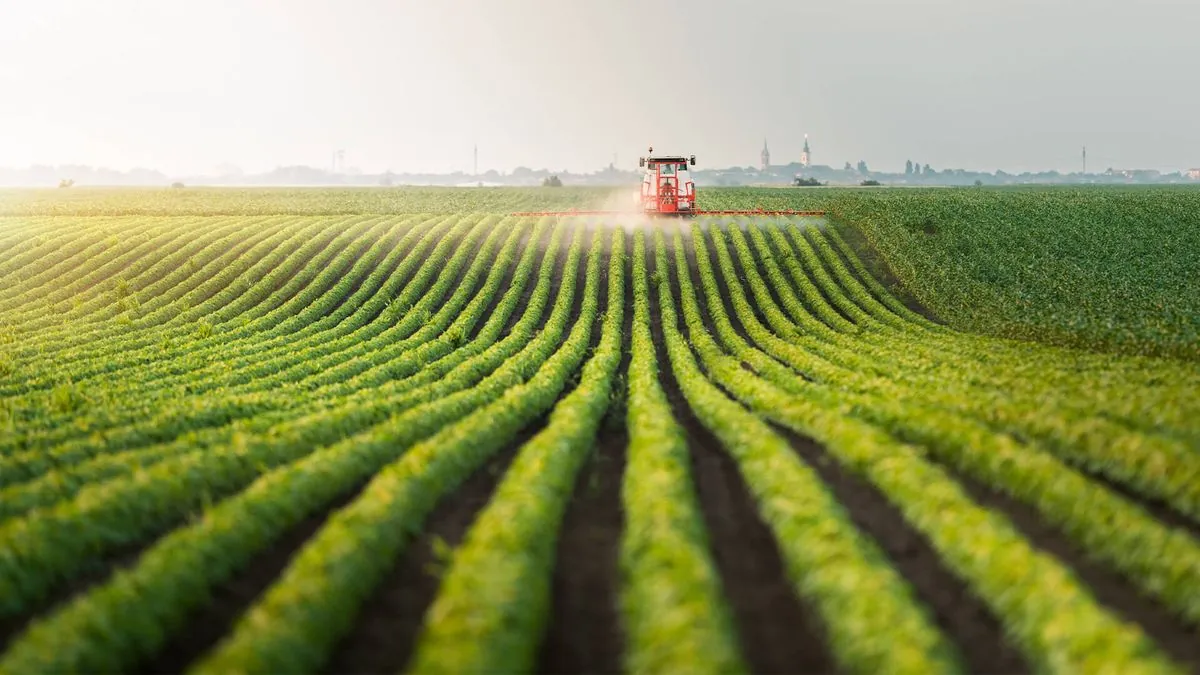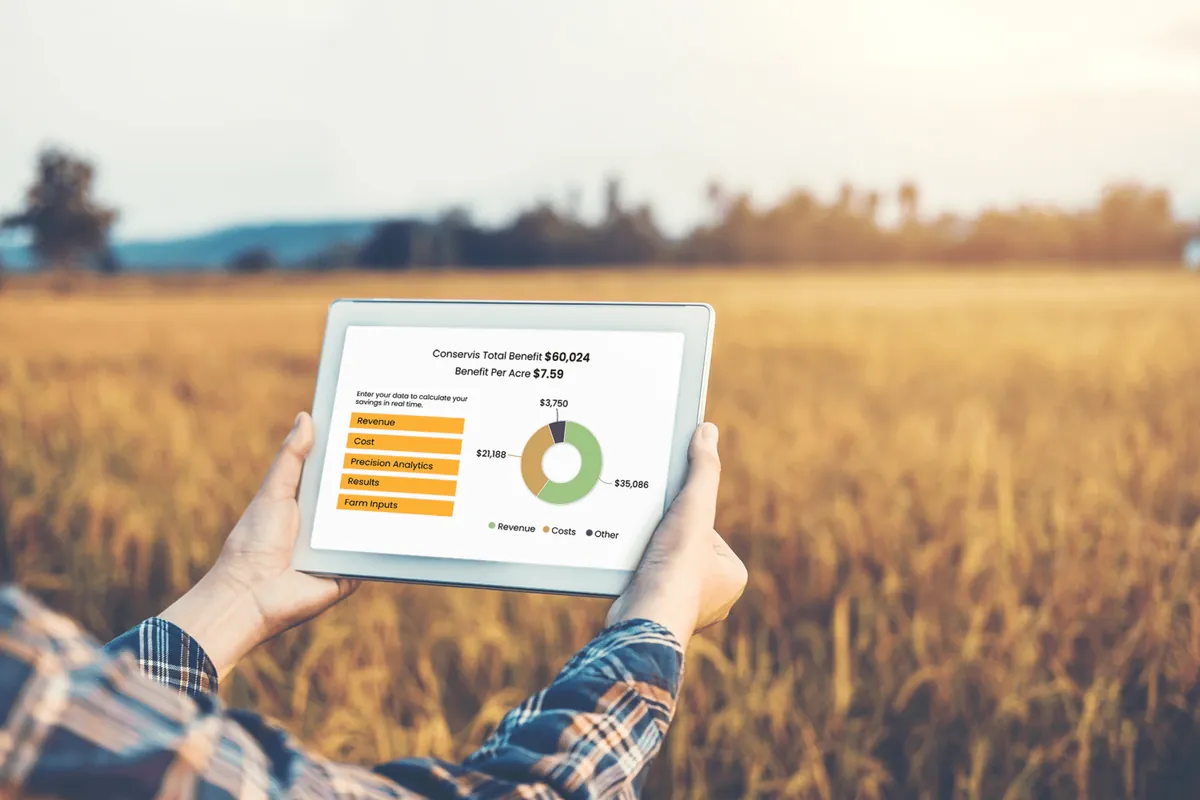U.S. Judge Dismisses Antitrust Lawsuit Against Major Agri-Giants
A U.S. federal judge has dismissed a lawsuit accusing major agricultural companies of price-fixing for seeds and crop protection chemicals. The ruling states that farmers failed to provide sufficient evidence of antitrust violations.

In a significant legal development, a U.S. federal judge has dismissed a lawsuit alleging price-fixing practices by major agricultural companies. The case, which targeted industry giants Bayer AG, Corteva Inc, Syngenta, and others, accused them of conspiring with wholesalers and retailers to inflate prices for seeds and crop protection chemicals.
U.S. District Judge Sarah Pitlyk, based in St. Louis, issued the ruling on Friday, September 13, 2024. The judge determined that the plaintiffs, primarily farmers, failed to present adequate evidence to support their claims of antitrust law violations.
The lawsuit, initially filed in 2021, alleged that the defendants had collectively boycotted electronic "crop inputs" platforms. These platforms were designed to provide farmers with the ability to make effective cost comparisons for essential agricultural materials. However, Judge Pitlyk found that the plaintiffs' allegations were insufficient to counter the companies' assertions that their practices served legitimate business purposes.

The global crop protection chemicals market, valued at approximately $63.7 billion in 2020, plays a crucial role in modern agriculture. These chemicals, including fungicides, herbicides, and insecticides, can increase crop yields by up to 50% by preventing losses due to pests and diseases. The dismissal of this lawsuit has significant implications for this multi-billion dollar industry.
In response to the ruling, the defendant companies expressed their satisfaction. Bayer, a German multinational founded in 1863, stated that the crop input market is "competitive, fair and diverse." Similarly, Corteva, an American agricultural chemical and seed company spun off from DowDuPont in 2019, affirmed its commitment to "vigorously" compete in agricultural markets.
The case highlights the ongoing debate surrounding market competition and consolidation in the agricultural sector. With the top four seed companies controlling more than 60% of the global proprietary seed market, concerns about market concentration persist. The global seeds market, valued at around $61 billion in 2020, is projected to reach $86 billion by 2026, underscoring the economic significance of this sector.
While the plaintiffs' attorneys from Lockridge Grindal Nauen and Gustafson Gluek declined to comment on the ruling, the case has drawn attention to the role of e-commerce and digital technologies in agriculture. The growing popularity of precision agriculture and digital platforms aims to increase price transparency and efficiency in the industry.
As the agricultural sector continues to evolve, balancing innovation, market competition, and fair practices remains a challenge. This ruling may have implications for future antitrust cases in the industry and could influence the development of digital platforms in agriculture.
"The plaintiffs' allegations did not rebut the companies' claims that their practices served legitimate business purposes. [The plaintiffs advanced] mere generalizations in their lawsuit."
The dismissal of this lawsuit marks a significant victory for the defendant companies. However, it also raises questions about the future of market competition and transparency in the agricultural input sector. As the industry continues to grow and evolve, stakeholders will be watching closely to see how these issues unfold in the coming years.


































